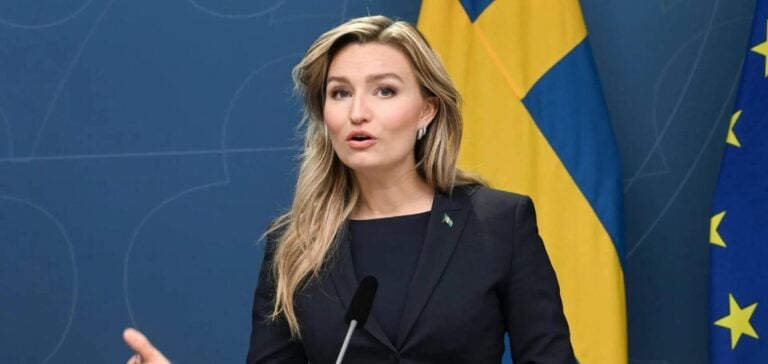The Swedish government recently rejected an application to build a new undersea power cable between Sweden and Germany. The project, dubbed Hansa PowerBridge, was to have a capacity of 700 megawatts and was intended to boost electricity exchanges between the two countries. According to Ebba Busch, Sweden’s Minister of Energy, the decision is based on the fact that the German electricity market is not efficient enough to guarantee beneficial integration for Sweden. Indeed, Busch pointed out that connecting southern Sweden, which suffers from a significant shortfall in electricity production, to Germany would risk driving up prices and increasing instability in the Swedish electricity market. This decision illustrates the challenges facing European countries in their quest for better integration of national power grids.
The challenges of electricity market structure
The structure of the German electricity market is a major obstacle for the Hansa PowerBridge project. Unlike Sweden, which is divided into four electricity price zones, Germany operates as a single market zone with a unified wholesale price. This unification is leading to congestion on the German grid, particularly for the transmission of electricity from the north, which is rich in wind power, to the south, where the consumption centers are located. This inefficient configuration has led some players to propose dividing Germany into several tariff zones to better reflect bottlenecks and send more accurate price signals. However, Germany is opposed to this division for fear of higher prices in the south of the country, which could harm industrial activity.
Consequences for the European electricity market
The grid operators, Svenska Kraftnät in Sweden and 50Hertz in Germany, hoped that the Hansa PowerBridge project would increase the exchange of renewable energy between the Nordic countries and Germany. The submarine cable would also have contributed to increased security of supply for southern Sweden, thanks to imports from Germany. However, with this rejection, an opportunity to strengthen Europe’s internal electricity market has been missed. A spokesman for 50Hertz expressed his disappointment, stressing the importance of better integration of electricity markets for Europe’s energy future.
Perspectives and reflections
The Swedish government’s decision reflects the complexities of integrating national electricity markets in Europe. The tariff structure and bottlenecks of the German network present significant challenges that require innovative and collaborative solutions. As Europe moves towards greater reliance on renewable energies, cross-border infrastructure cooperation and efficiency will be essential to ensure stability and affordable prices for consumers.





















